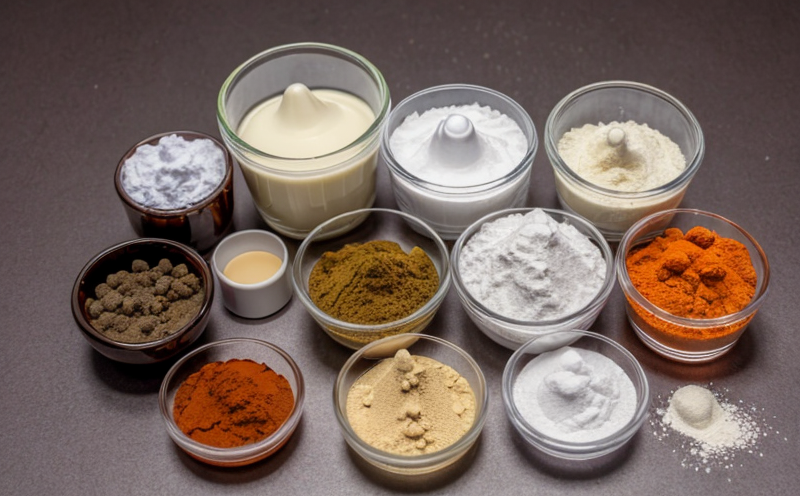Sterility Testing for Excipients
Introduction to Sterility Testing: Sterility testing is a critical process in pharmaceutical manufacturing aimed at ensuring that excipients and other formulation ingredients do not contain any living microorganisms. This ensures the safety of medications, especially those intended for parenteral administration or used by individuals with compromised immune systems. The primary goal is to prevent contamination that could lead to infections or severe adverse reactions.
The testing process involves several stages including sample preparation, aseptic techniques, incubation periods, and interpretation of results based on defined criteria. Compliance with international standards such as ISO 14318-2:2016 ensures consistency and reliability in the methodology used for these tests.
Sample Preparation: Before testing can begin, excipients must be prepared aseptically to prevent contamination. This typically involves dissolving or suspending the substance in a suitable diluent under controlled conditions. The choice of diluent and the method of preparation are critical as they can affect the outcome of the test.
Testing Procedure: Once samples have been prepared, they undergo two main tests: microbial recovery and biological indicators. In the microbial recovery test, a portion of each sample is inoculated into appropriate culture media to encourage growth of any microorganisms present. The cultures are then incubated at specific temperatures over designated periods.
- For aerobic bacteria, incubation may take 5 days at 30°C ± 1°C.
- Fungi require a longer period, usually 14 days at the same temperature range.
- Anerobic bacteria need different conditions and can take up to 28 days depending on species.
The biological indicators used in this process are spores of Bacillus subtilis var. niger or similar organisms, which serve as a surrogate for pathogenic microorganisms due to their robust nature and ability to withstand harsh conditions.
Interpretation: If no visible growth is observed after the incubation period, the excipient can be considered sterile. However, if colonies appear in the culture media, further confirmatory tests are necessary using selective media and/or biochemical methods to identify the organisms present.
The results of these tests help pharmaceutical companies ensure product safety and meet regulatory requirements set by agencies like the FDA and EMA.
Industry Applications
- Pharmaceutical Manufacturing: Ensures that excipients used in drug formulations are free from contamination, thus enhancing product safety.
- Biopharmaceutical Research: Critical for the development of biologics and vaccines where even minimal microbial contamination could compromise efficacy or lead to adverse reactions.
- Medical Device Manufacturing: Sterility testing is essential for devices that come into direct contact with bodily fluids, such as catheters or syringes.
- Hospitals and Clinics: In-house laboratories perform sterility tests on compounded medications to ensure patient safety during intravenous therapy.
Eurolab Advantages
At Eurolab, we pride ourselves on delivering high-quality sterility testing services tailored specifically for excipients and formulation ingredients. Our state-of-the-art facilities ensure accurate and reproducible results that meet the strictest industry standards.
- ISO 14318-2:2016 Compliance: We strictly adhere to this international standard, ensuring our methods are consistent with global best practices.
- Aseptic Techniques: Our trained professionals handle all samples aseptically, minimizing the risk of contamination during preparation and testing.
- Robust Equipment: Equipped with advanced microbiological incubators and specialized media to support thorough analysis.
- Expertise in Microbiology: Our team comprises highly skilled microbiologists capable of interpreting complex test results accurately.
Customer Impact and Satisfaction
EuroLab's commitment to quality and reliability has earned us a reputation for excellence among pharmaceutical companies worldwide. By providing accurate sterility testing, we enable our clients to ensure that their products meet stringent regulatory requirements and are safe for patient use.
Our customers appreciate the detailed reports we provide, which not only document test results but also offer insights into potential areas of improvement in sample preparation or process optimization. This proactive approach helps companies maintain compliance and enhance product quality.
We continuously strive to exceed expectations by offering fast turnaround times without compromising on accuracy. Our dedicated customer support team ensures seamless communication throughout the testing process, addressing any concerns promptly.





